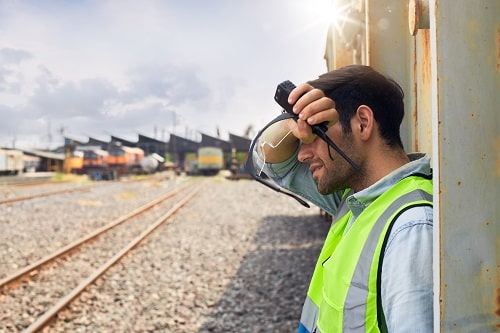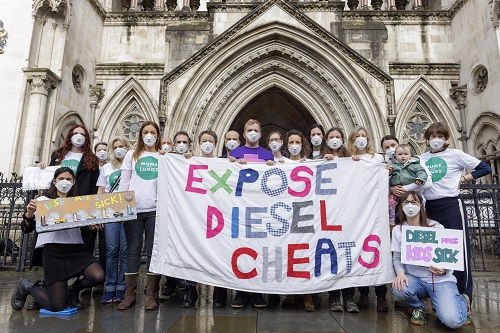Something I really miss these days is smiling. I don’t mean I never smile. Rather, it’s the interaction I miss. I smile at you. You smile at me. Our mood lifts. It’s a language everyone understands. Masks inevitably mute the process.
Opinion
Something to smile about
Someone who knew the power of a smile was Antoine de Saint-Exupéry. A journalist during the Spanish Civil War, one night he was captured by militia. Unable to produce identity papers, or speak the language, he believes it was bonding with his captors over a cigarette and a smile which eventually saved him. He called smiling a form of communication above all classes, parties and languages. Yet in the midst of this crisis, we have lost many such small daily gestures or acts of kindness which convey our common humanity.
But perhaps the toughest feature of the pandemic is how it has affected so many major, as well as minor, aspects of our lives all at once. Work, home, family, friends, money and health. The parts of our lives which can aid wellbeing when they are going well, or undermine it when they are not, have all been touched by this crisis.
Even before the pandemic, our world was one in which people felt increasingly worried and isolated. In How’s Life? 2020, the OECD reported that disturbing numbers of people across the globe experience more negative (than positive) feelings in a typical day. In Britain, generalised anxiety is rising, sharply among certain groups.
Now, this serious and prolonged uncertainty is eroding wellbeing further. In March this year, anxiety reached its highest level since the Office for National Statistics (ONS) started recording wellbeing in this country. While according to Mind, more than half of adults and over two thirds of young people found their mental health worsen during lockdown.
 Samantha Peters: A new approach to wellness may bloom
Samantha Peters: A new approach to wellness may bloom
Now I write, not knowing if there will be a second. Whether that happens or not, it may be a long time before we understand the full psychological impact of all this. However, there are clues. From analysing billions of tweets during lockdown, Twitter found that 33 per cent of those tweeting on the subject of mental health had never done so before, while people embraced a slower pace of life and communities came together. Drawing on lockdown diaries, BritainThinks has found evidence that we don’t want what we had before, that we want a more balanced life, more strongly connected to the communities we live in.
What these trends suggest is the possibility of some good emerging from this crisis. Just as it has undermined wellbeing, so it has heightened our awareness of its importance. Perhaps the pandemic will push wellness to the forefront of society in a way we never thought possible. A new approach may bloom.
At the British Safety Council, we believe it’s not enough that people are not injured or made unwell at work. We want it to be a place where wellbeing flourishes. Our new Being Well Together initiative, launching this month, is designed to help employers make that happen. Together with key partners, like Mates in Mind, we will be offering an extensive programme of advice and support to help employers improve the wellbeing of all their staff.
Saint-Exupéry also said that what is essential is invisible to the eye, that we only see rightly with the heart. Employee wellbeing, good or bad, isn’t always visible. It doesn’t appear on the balance sheet. But maybe it’s time it did. I don’t know how far public appetite for change will take us, but I’d like to imagine a world where, one day, employee wellbeing is given the greatest possible value and companies are rewarded for their contribution to the ‘well’ of common wellness.
Now that really would be something to smile about.
Samantha Peters is Chair of the Being Well Together Committee
OPINION

Heat at work: a silent killer
By Halshka Graczyk and Lacye Groening, ILO on 07 April 2025
Workers across the world are increasingly being exposed to excessive heat with serious implications for their safety and health. It is therefore vital that governments, employers and workers’ organisations develop, share and implement practical and low-cost strategies and measures for effectively reducing the risk from heat stress at work.

Making good work the foundation
By Mike Robinson FCA, British Safety Council on 07 April 2025
In 2024, for the first time, the UK dropped out of the list of the top 20 happiest countries: according to the World Happiness Index. This year, the UK rests in 23rd place, slightly ahead of the US and behind the Nordic countries, Germany, the UAE and others.

The air we share: why tackling pollution protects us all
By Scott Paul, Mums for Lungs on 04 April 2025
Air pollution is often invisible; its impact is anything but. Whether you’re a parent worried about your child’s lungs, a construction worker breathing exhaust fumes, or a commuter passing through busy streets, polluted air is everyone’s problem.



